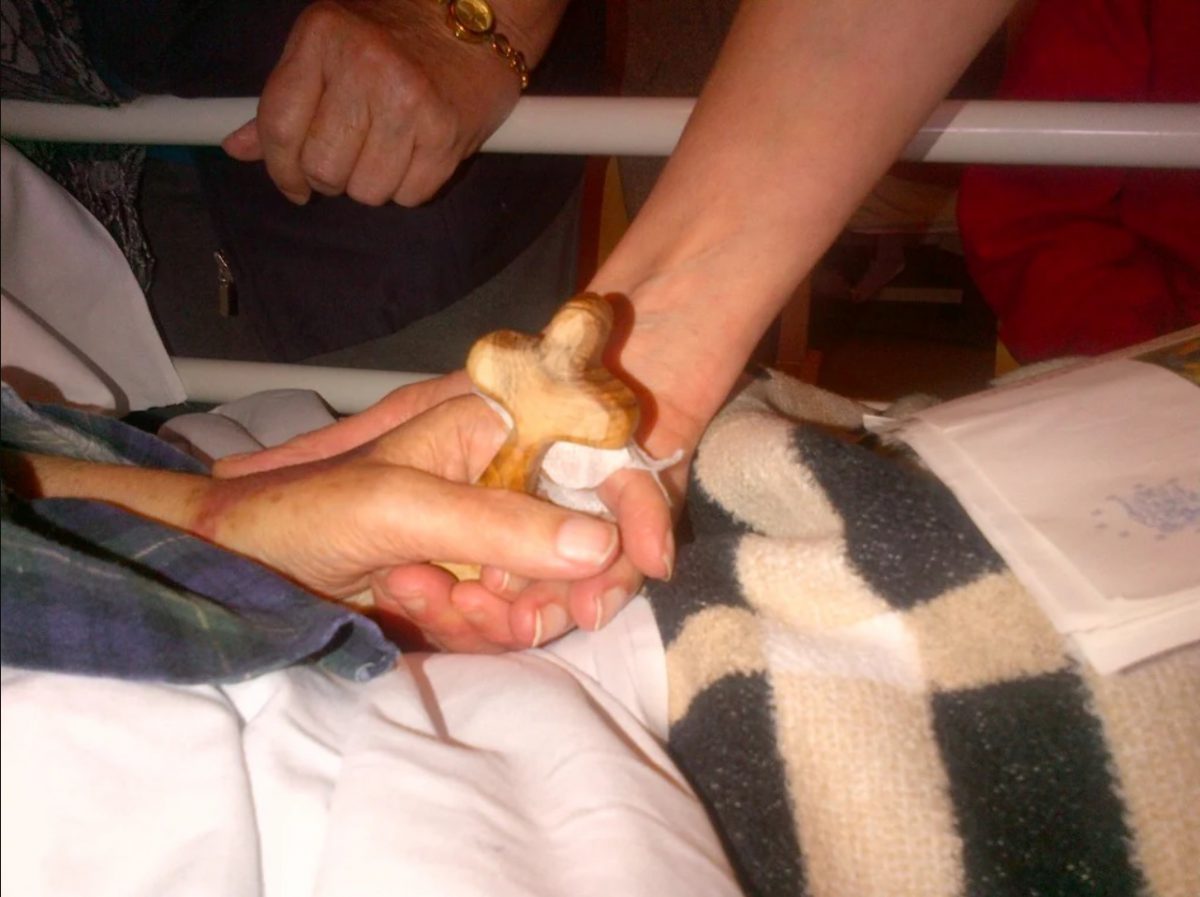By Wesley J Smith attorney
Report of -a meeting of the Medical Ethics Alliance held in the Woodbourne Priory Hospital Birmingham 26/11/01
Mr Wesley Smith attorney and author of “Culture of Death” explained how the suicide of a family friend first brought him into contact with the euthanasia movement. The woman who was approaching her 76th birthday , had years before began to talk about her “final exit” and the “gentle landing” that she was planning.
She was not terminally ill but had suffered a number of family setbacks. Friends recognised that she was depressed ,and tried to dissuade her and for
a while when she was engaged in a legal action over family finances, she set suicidal thoughts aside.The friends therefore were shocked when indeed she took an overdose and put a plastic bag over her head and sent a number of suicide notes.
After her death he obtained a file that she had compiled on suicide. He found information there that had been supplied by an American pro euthanasia organisation.It contained details on drug doses and the use of a plastic bag. He described those responsible for this matterial as “the whispers” , This voice was not the compassionate one that they used in public when advocating changes in the law but her suicide had followed an undermining of her friends encouragement to stay alive.
Now he works as an attorney for the International Anti Euthanasia Task Force and has written a number of books including “Forced Exit; Assisted Suicide and Legalised Suicide”, “The Slippety Slope” and more recently “Cluture of Death; The Assault on Medical Ethics in Americaa”. In the enthusiastic advocacy for euthanasia he discerned an evangelilisation for death that amounted to “death fundamentalism”.
In the United States many who were victims of this in Oregon were not in “unbearable pain” but rather feared that they might become a burden or were deoressed. Some mental health professionals instead of offering treatment were rather arguing for a “rational suicide”, as a choice.Peoples death wishes were actually being reinforced, rather than treatment offered to restore health.
When ill people ask relatives if they should go into a nursing home they may actually be asking their families whether or not they are still wanted or
their lives still valued.He gave as an example people with chronic or terminal illnesses. First the visitors no longer came, then the letters
ceased and eventually all enquiries about them stopped. This gave them the impression that they no longer had valued lives and reinforced any sense of worthlessness they had. In turn this could lead to death wishes. If those around agreed with this wish , it confirmed their fear that they were no longer valued or had lives worth living.
A careful scrutiny of proposed laws for euthanasia or physician assisted suicide in the United States revealed that , contrary to the public
perception carefully nurtured by their advocates, they applied not just to the dying, but the chronically ill even if their death as in Altzheimer`s
could in fact be distant. The emphasis was increasingly on so called “quality of life” considerations. More recently a category called “the hopeless ill”
had featured in proposed laws and there was now a theory of “futile care” whereby some whose quality was judged so low they were not worth the cost of treating.
In the Netherlands voluntary and involuntary killing had been extended to killing of the depressed . It was now being asked whether those who are
merely tired of life should be included. Any pretence that euthanasia was only voluntary had been abandoned . Some new born babies are killed because they are judged to have an “unlivable life”. Guidelines are constantly being expanded or redefined.
Poisening was not a proper medical act and is contrary to Hippoccratic medicine. Furthermore it is not always effective. Recent studies from the
Netherlands showed a significant proportion of those poisened had recovered consciousness or suffered a prolongation of distressing symptoms which they would not have experienced if death had occured naturally.
He concluded by producing a suicide bag sent to him by post upon the payment of $44 with no questions asked. The advetising blurb about the quality of the plastic, comfort of the lining and optional extras supplied a rare moment of black humour not lost on the crowded room of doctors, hospital chaplains and university tutors.
